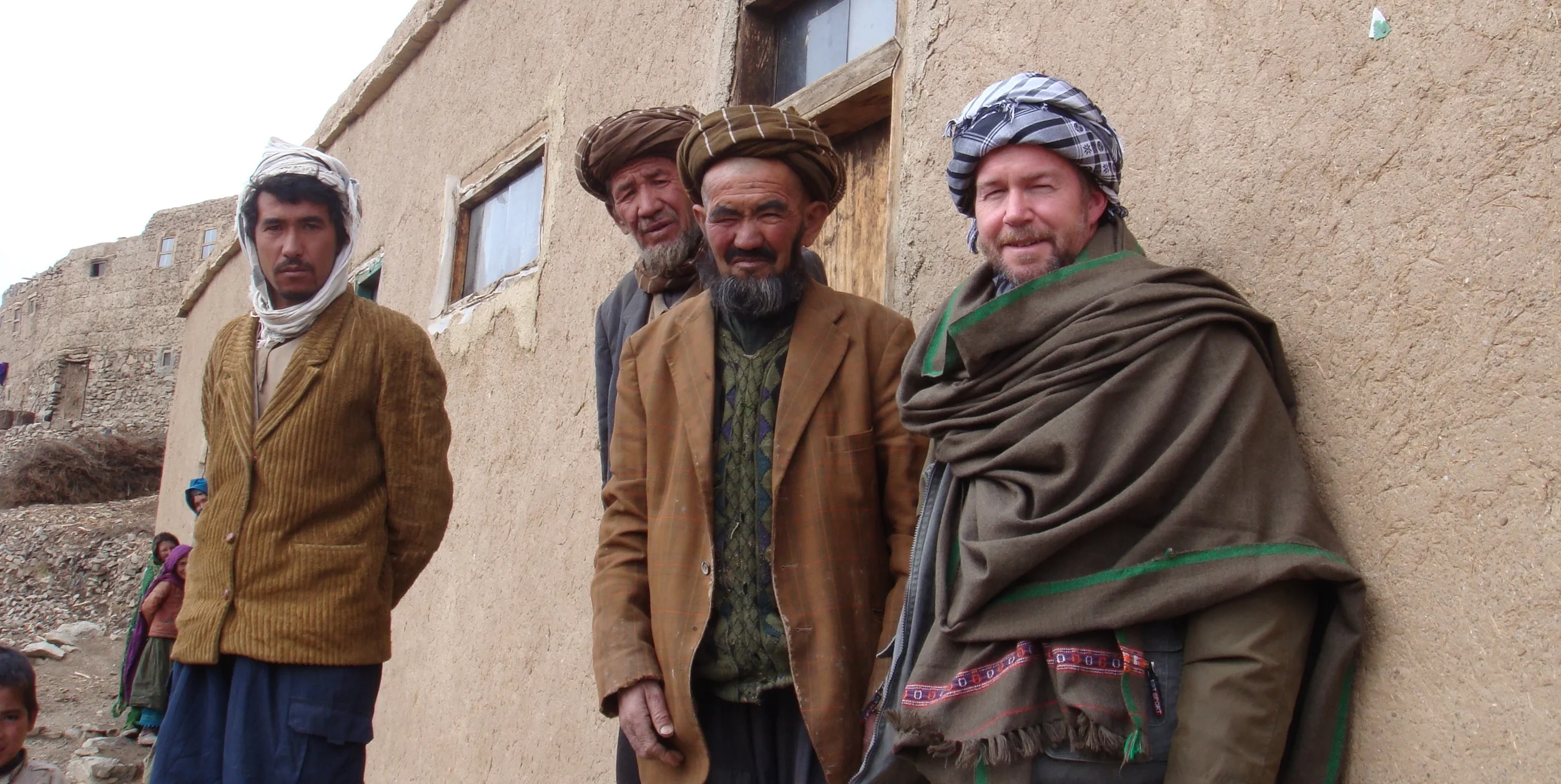The following is an eyewitness account of George Whitefield's visit to Middletown, Connecticut, on October 23, 1740. It is taken from "Whitefield's Journals" (The Banner of Truth Trust, 1960. p. 561-562). The writer, Nathan Cole, was a farmer and carpenter in Connecticut during the First Great Awakening.
Now it pleased God to send Mr. Whitefield into this land, and my hearing of his preaching at Philadelphia, like one of the old apostles, and many thousands flocking to hear him preach the Gospel, and great numbers were converted to Christ, I felt the Spirit of God drawing me by conviction; I longed to see and hear him and wished he would come this way. I heard he was come to New York and the Jerseys and great multitudes flocking after him under great concern for their souls which brought on my concern more and more, hoping soon to see him; but next I heard he was at Long Island, then at Boston, and next at Northampton. Then on a sudden, in the morning about 8 or 9 of the clock there came a messenger and said Mr. Whitefield preached at Hartford and Wethersfield yesterday and is to preach at Middletown this morning at ten of the clock. I was in my field at work. I dropped my tool that I had in my hand and ran home to my wife, telling her to make ready quickly to go and hear Mr. Whitefield preach at Middletown, then ran to my pasture for my horse with all my might, fearing that I should be too late. Having my horse, I with my wife soon mounted the horse and went forward as fast as I thought the horse could bear; and when my horse got much out of breath, I would get down and put my wife on the saddle and bid her ride as fast as she could and not stop or slack for me except I bade her, and so I would run until I was much out of breath and then mount my horse again, and so I did several times to favour my horse. We improved every moment to get along as if we were fleeing for our lives, all the while fearing we should be too late to hear the sermon, for we had twelve miles to ride double in little more than an hour and we went round by the upper housen parish. And when we came within about half a mile or a mile of the road that comes down from Hartford, Wethersfield, and Stepney to Middletown, on high land I saw before me a cloud of fog arising. I first thought it came from the great river, but as I came nearer the road I heard a noise of horses' feet coming down the road, and this cloud was a cloud of dust made by the horses' feet. It arose some rods into the air over the tops of hills and trees; and when I came within about 20 rods of the road, I could see men and horses slipping like a steady stream of horses and their riders, scarcely a horse more than his length behind another, all of a lather and foam with sweat, their breath rolling out of their nostrils every jump.
“I was in my field at work. I dropped my tool that I had in my hand and ran home to my wife, telling her to make ready quickly to go and hear Mr. Whitefield preach at Middletown, then ran to my pasture for my horse with all my might, fearing that I should be too late.”
Every horse seemed to go with all his might to carry his rider to hear news from heaven for the saving of souls. It made me tremble to see the sight, how the world was in a struggle. I found a vacancy between two horses to slip in mine and my wife said "Law, our clothes will be all spoiled, see how they look," for they were so covered with dust that they looked almost all of a colour, coats, hats, shirts, and horse. We went down in the stream but heard no man speak a word all the way for 3 miles but every one pressing forward in great haste; and when we got to Middletown old meeting house, there was a great multitude, it was said to be 3 or 4,000 of people, assembled together. We dismounted and shook off our dust, and the ministers were then coming to the meeting house. I turned and looked towards the Great River and saw the ferry boats running swift backward and forward bringing over loads of people, and the oars rowed nimble and quick. Everything, men, horses, and boats seemed to be struggling for life. The land and banks over the river looked black with people and horses; all along the 12 miles I saw no man at work in his field, but all seemed to be gone.
When I saw Mr. Whitefield come upon the scaffold, he looked almost angelical; a young, slim, slender youth, before some thousands of people with a bold undaunted countenance. And my hearing how God was with him everywhere as he came along, I solemnized my mind and put me into a trembling fear before he began to preach; for he looked as if he was clothed with authority from the Great God, and a sweet solemn solemnity sat upon his brow, and my hearing him preach gave me a heart wound. By God's blessing, my old foundation was broken up, and I saw that my righteousness would not save me.
George Whitefield












